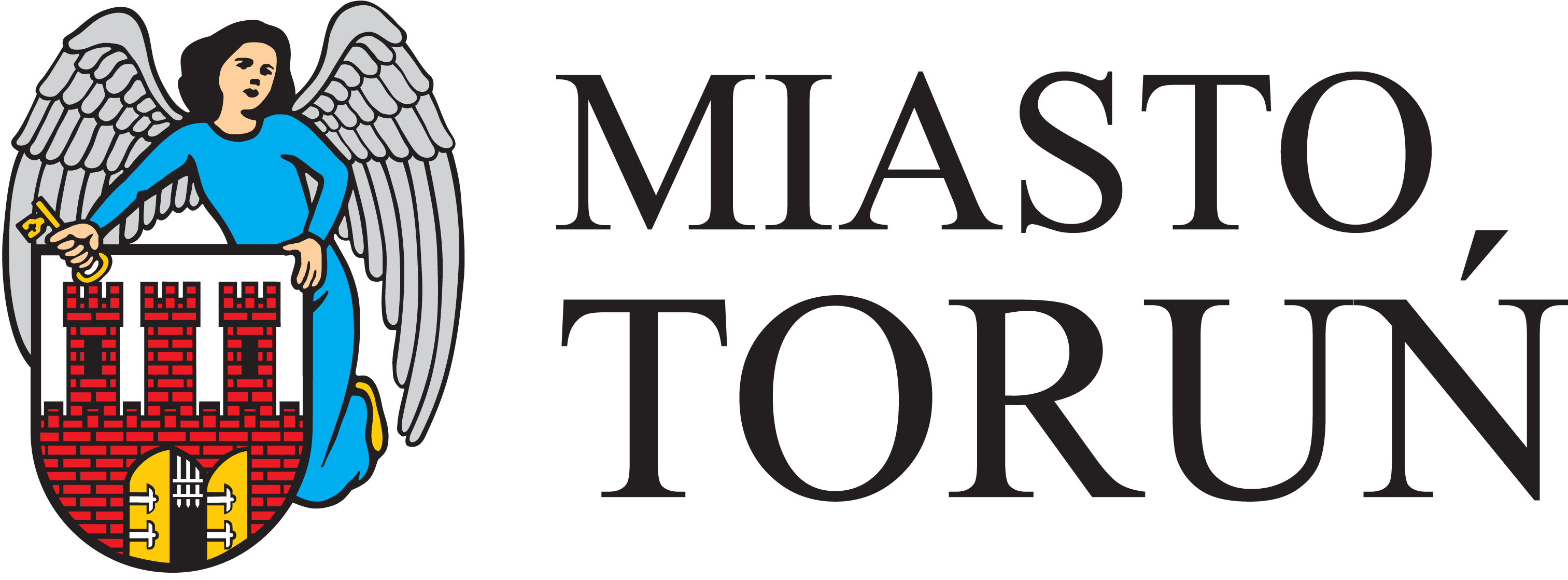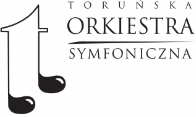INAUGURATION OF THE COMPETITION - “To Poland from the Italian Land”
Drawing the order of the participants.
- Daniel Stabrawa – violin
- Dainius Pavilionis (Lithuania) – conductor
- The Toruń Symphony Orchestra
- Piotr Matwiejczuk - host
Programme:
- S. Moniuszko - Mazurka from the opera The Haunted Manor (to celebrate the 160th anniversary of the completion of The Haunted Manor)
- A. Panufnik - Violin Concerto (110th anniversary of A. Panufnik’s birth)
- R. Strauss - Aus Italien, Symphonic Fantasy Op. 16 (celebrating the 160th anniversary of R. Strauss’s birth)
“Ah, music—this enchanting marvel that lifts and stirs the spirit, never allowing boredom to take hold; it is the soul’s purest paradise”. These words, from the Mazurka in Jan Chęciński’s libretto for Moniuszko’s The Haunted Manor, capture the essence of music’s power. The same sense of enchantment and personal expression also permeates Andrzej Panufnik’s Violin Concerto for violin and string orchestra. Richard Strauss’s Aus Italien, a symphonic poem inspired by his journey to Italy, is similarly personal.
The Mazurka from The Haunted Manor is “music to warm the hearts of the nation”. It is no coincidence that Moniuszko placed it in the opera’s finale, celebrating the joyful engagements of Hanna and Jadwiga to Stefan and Zbigniew. This vibrant, fiery piece is the climax of an opera that offers a romantic portrayal of the Polish Nobles’ Republic. Over time, the opera became known as a “gentle solace in times of calamity”, though this was not its original intention. Moniuszko initially set out to create a comic opera set in a manor “made of wood, though wall-based”. It was only after the tragic January Uprising that the work took on a more profound, nationalistic tone. The fact that the Russian authorities banned the opera after just three performances is a testament to how deeply it resonated with the Polish national spirit.
Andrzej Panufnik’s Violin Concerto was composed in 1971 for the celebrated violinist Yehudi Menuhin, a close friend of the composer, who brought the idea of writing the work to him. Panufnik expressed personal connection to the violin describing the instrument as “warm and expressive”, and noting that childhood memories heavily influenced his approach to this instrument. The concerto, therefore, is both a return to his roots and an inevitable homage to the Polish cause.
Richard Strauss’s symphonic poem Aus Italien Op. 16, is a youthful and rebellious work. Strauss’s father, who was deeply involved in his son’s musical education, had forbidden him from exploring programmatic music. In a dispute that divided the musical community (not only German) into supporters of absolute music and programmatic music, he belonged to the first camp and forbade his son to read scores other than classical. Despite this, Strauss found inspiration in the works of Liszt, Berlioz, and Wagner, which he described as a “revelation”. Although he had previously claimed that it was impossible to draw inspiration from nature, his perspective shifted during a trip to Italy. He later told conductor Hans von Bülow, to whom the piece is dedicated, that when he “saw the Roman ruins, ideas began to flow on their own accord”. The symphonic fantasia, as Strauss called it, draws heavily from the influences of the composers who captivated him as a young man. In this work, one can detect the ‘absolute’ qualities of Brahms alongside the programmatic elements of Liszt and Berlioz. The piece is divided into four movements, each depicting a different scene: Campania, Roman ruins, the beach at Sorrento, and the folk music of Naples. In the latter, however, Strauss made a famous error. He incorporated the melody of Funiculì, Funiculà, mistaking it for a traditional folk tune, when it was actually a popular song composed by Luigi Denza for the opening of the Vesuvius funicular railway. As a result, Strauss was sued and had to pay royalties to the author.
Mecenas Główny: Gmina Miasta Toruń
Dofinansowano ze środków Ministra Kultury i Dziedzictwa Narodowego pochodzących z Funduszu Promocji Kultury w ramach programu „Muzyka”, realizowanego przez Narodowy Instytut Muzyki i Tańca
Dofinansowano z Funduszy Europejskich
Partner Główny: Samorząd Województwa Kujawsko-Pomorskiego
Mecenas Kultury - Główny Sponsor: PGE Polska Grupa Energetyczna S.A.
Mecenas Strategiczny: Strabag Sp. z o.o.
Mecenas: TZMO S.A.
Sponsor: Urbitor Sp. z o.o.
Współfinansowano ze środków Związku Artystów Wykonawców STOART
Partner motoryzacyjny: Toyota Bednarscy
Partnerzy: Cukiernia Sowa, MZK w Toruniu Sp. z o.o., Ruch Muzyczny, Iga Sarzyńska Wzrusza Toruń, Pneuma Jarosław Pawlicki, Pirmedia Sp. z o.o., Maciej Zieliński BJJ, RTR GROUP Sp. z o.o., Melt me tender, Galeria Kwiatów
Partner technologiczny: Vobacom Sp. z o.o.
Patronat medialny: TVP Kultura, Polmic, TVP 3 Bydgoszcz, TV Toruń, Radio PiK, Nowości, Toruń Nasze Miasto, Presto
Współpraca redakcyjna: RMF Classic
Organizator: Toruńska Orkiestra Symfoniczna







